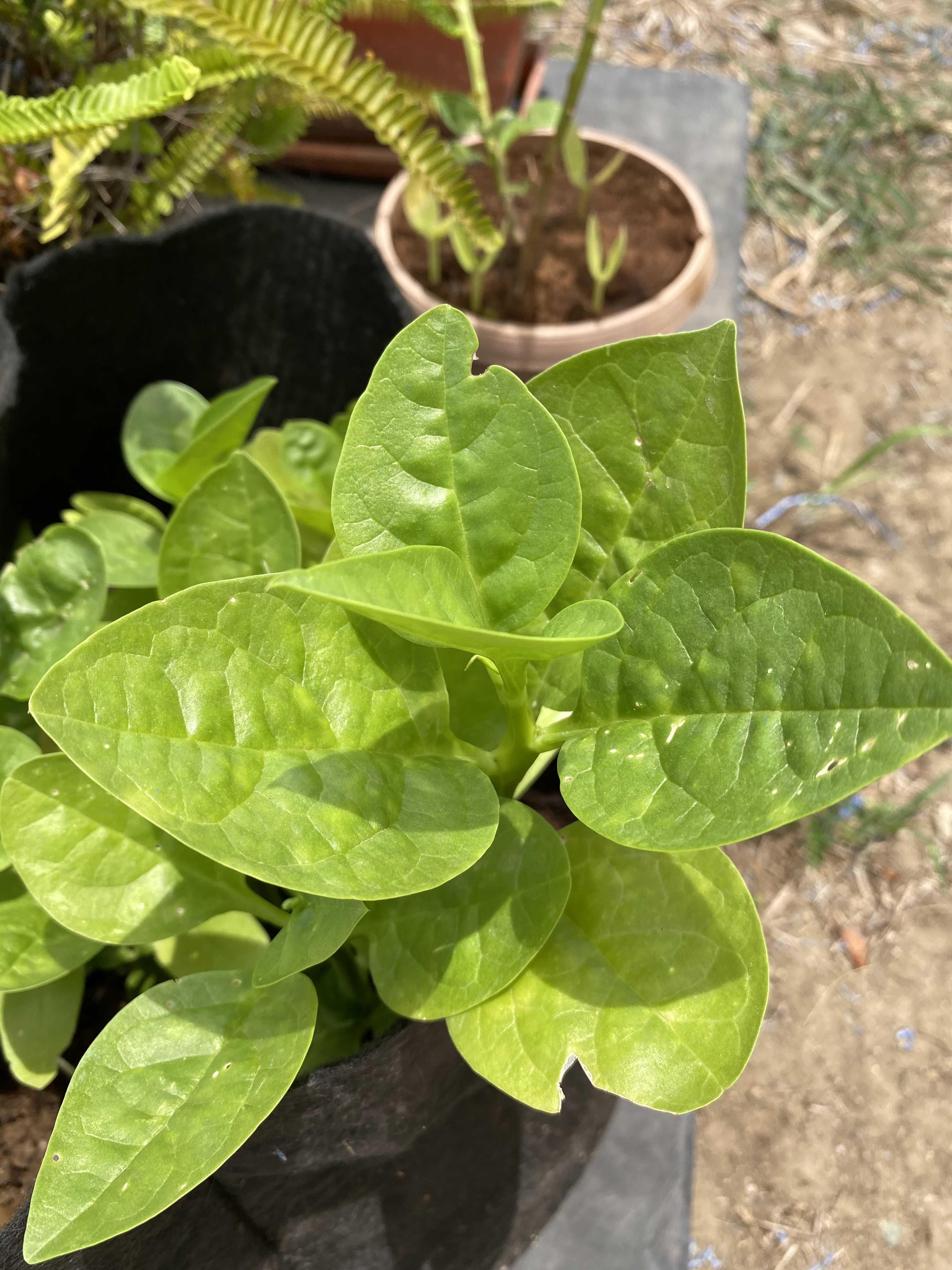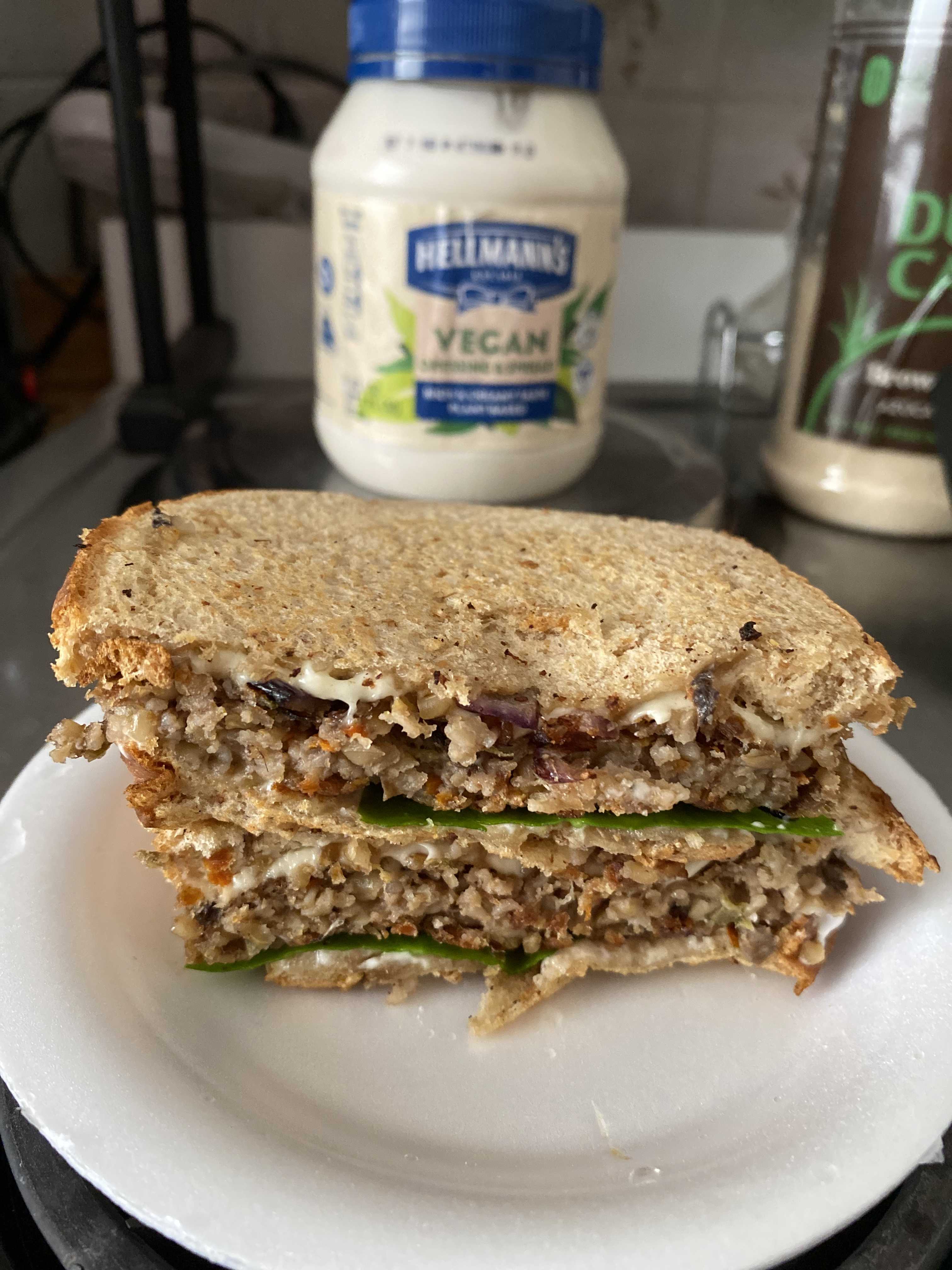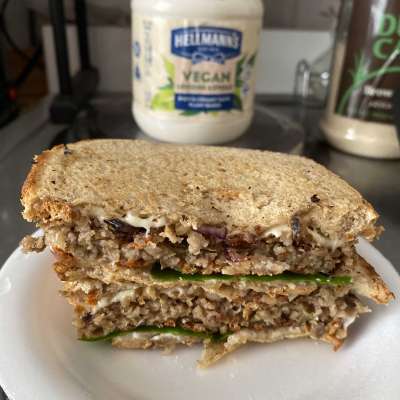Watch
Events
Articles
Market
More
But your little ones, who you said would become a prey, I will bring in, and they shall know the land that you have rejected.
Numbers 14:31
Undeserved curses have no effect. For the faithful innocents, God turns every curse into an eventual blessing.
#shlach #lashonhara



Growing my own spinach, cilantro, culantrillo and sweet pepper’s. Made for lunch a vegetarian burger (real cheese) and using my grown from seeds organic spinach. I’m still learning and trying to grow other things that I would normally buy. Caribbean heat is brutal though. Incredible high prices and scarcity is a strong motivating factor. Send a prayer or two for us as we need favorable conditions and health to continue. Thank you!




Growing my own spinach, cilantro, culantrillo and sweet pepper’s. Made for lunch a vegetarian burger (real cheese) and using my grown from seeds organic spinach. I’m still learning and trying to grow other things that I would normally buy. Caribbean heat is brutal though. Incredible high prices and scarcity is a strong motivating factor. Send a prayer or two for us as we need favorable conditions and health to continue. Thank you!




Growing my own spinach, cilantro, culantrillo and sweet pepper’s. Made for lunch a vegetarian burger (real cheese) and using my grown from seeds organic spinach. I’m still learning and trying to grow other things that I would normally buy. Caribbean heat is brutal though. Incredible high prices and scarcity is a strong motivating factor. Send a prayer or two for us as we need favorable conditions and health to continue. Thank you!




Growing my own spinach, cilantro, culantrillo and sweet pepper’s. Made for lunch a vegetarian burger (real cheese) and using my grown from seeds organic spinach. I’m still learning and trying to grow other things that I would normally buy. Caribbean heat is brutal though. Incredible high prices and scarcity is a strong motivating factor. Send a prayer or two for us as we need favorable conditions and health to continue. Thank you!




Growing my own spinach, cilantro, culantrillo and sweet pepper’s. Made for lunch a vegetarian burger (real cheese) and using my grown from seeds organic spinach. I’m still learning and trying to grow other things that I would normally buy. Caribbean heat is brutal though. Incredible high prices and scarcity is a strong motivating factor. Send a prayer or two for us as we need favorable conditions and health to continue. Thank you!







Say to them, "As I live, declares YHVH, what you have said in my hearing I will do to you…"
Numbers 14:28
Speech has consequences. Negative speech has a negative impact on the real world, often in ways that you wouldn't expect.
#shelach #lashonhara


